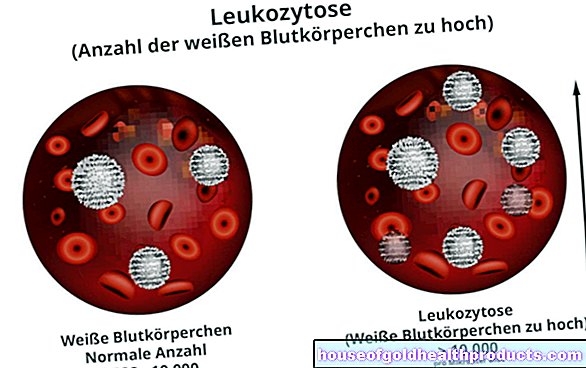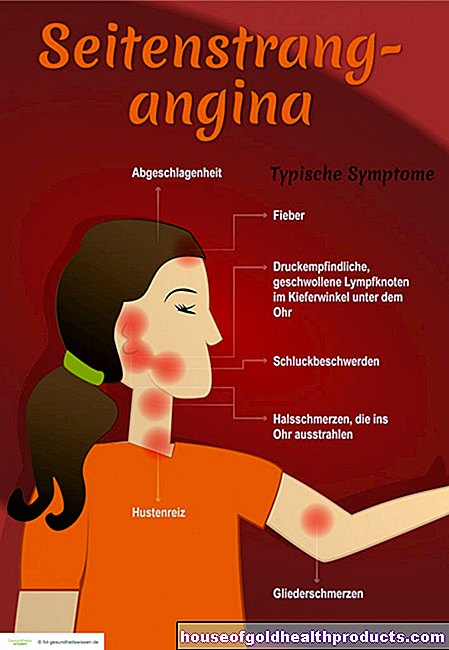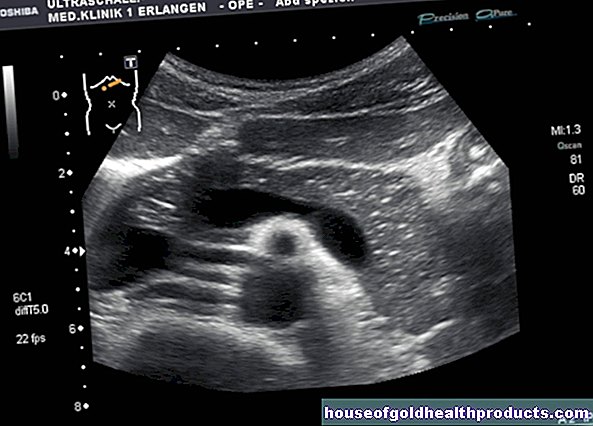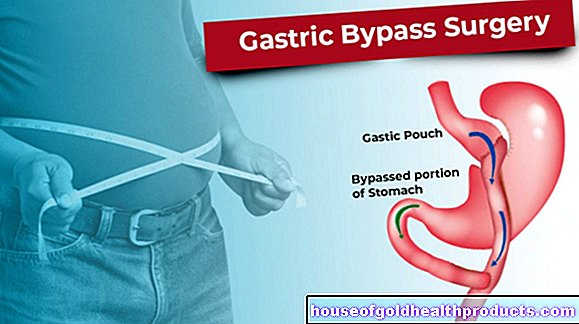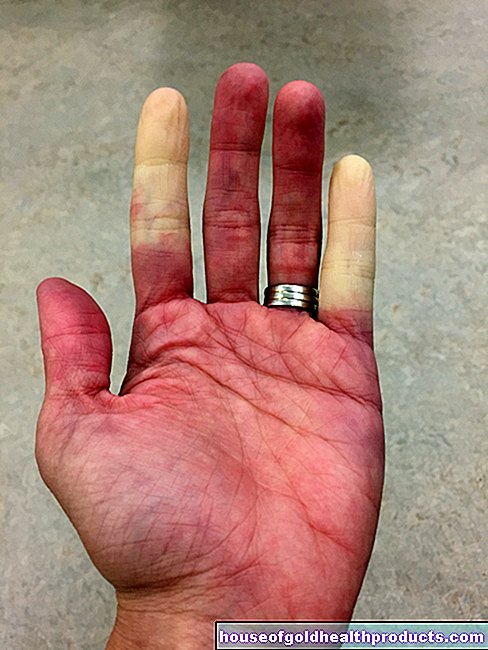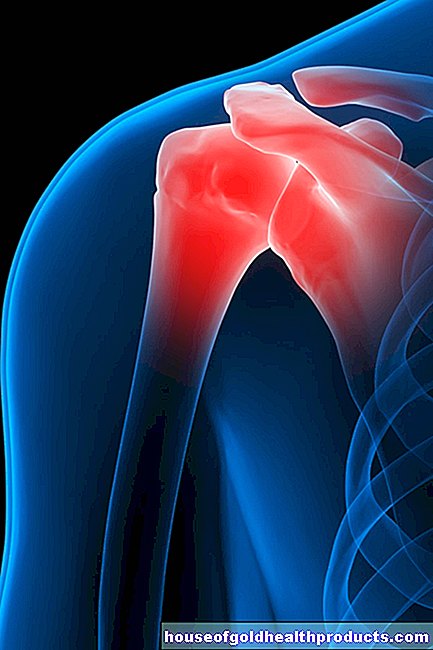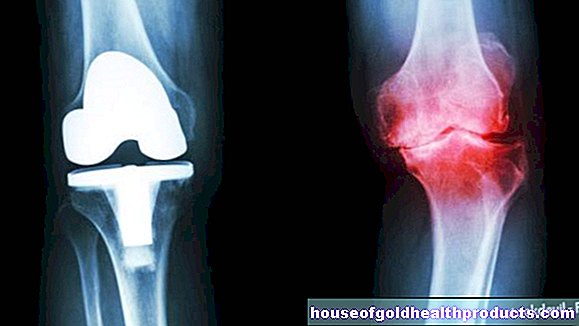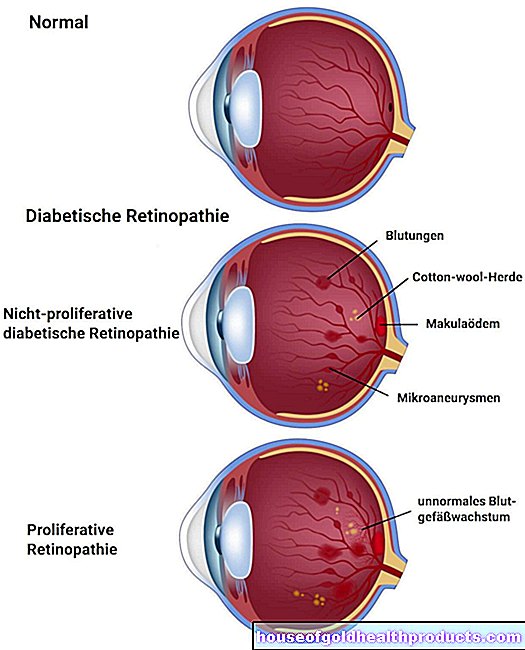Stroke: is stress really to blame?
All content is checked by medical journalists.It has long been known that stress is unhealthy. It has been shown to increase the risk of cardiovascular diseases such as high blood pressure and heart attacks. But can stress at work really be the cause of a stroke? Under certain circumstances, yes, at least when high demands and little self-control come together in the job, say researchers at Southern Medical University in Guangzhou, China. To do this, they analyzed the data from six studies from different countries with a total of almost 140,000 participants with regard to stress at work and the occurrence of strokes. The subjects were observed for up to 17 years.
Different stress levels
According to the demand control model, stress at work arises from two main factors. On the one hand through the demands on the employee, for example time pressure, mental strain and coordinative work. On the other hand, the degree of control and independence of the employee play an important role. For the analysis, scientists around Dr. Yuli Huang divided the participants into four groups according to the following criteria:
Workers with low demands and who had little control over their work were assigned to the first group (passive work). These included domestic workers and miners, for example.
Workers who were not very demanding but had a high degree of control were placed in the second group (low-stress work). So among other scientists and architects.
Workers who had high demands and little control over their tasks, such as waitresses and caregivers, belonged to the third group (stressful work).
In the last group were all those who were placed under high demands and who had a lot of control over their tasks (active work). This included doctors, teachers and engineers.
Physical demands and the weekly working hours were not taken into account in the categorization.
Dangerous combination: requirements without control
The groups were then compared with regard to their stroke risk. The result: The third group (stressful work) had a significantly higher risk of a stroke than the second (low-stress work). The probability was increased by 22 percent. The first (passive work) and fourth (active work) groups did not have an increased risk of strokes compared to the second (low-stress work).
In conclusion, this means that people with high job requirements and little control are at an increased risk of stroke. This association was greater in women (33 percent higher than low-stress work) than in men (26 percent).
Not all stroke types
The researchers also found that work stress doesn't affect every type of stroke equally. In this way he increased the risk of ischemic attacks, but not of hemorrhagic ones.
The two types of stroke are caused by different circulatory disorders in the brain. In an ischemic heart attack, blood vessels in the brain close up. This is caused by deposits on the arterial walls or stuck blood clots. As a result, the nerve tissue is no longer adequately supplied with oxygen and nutrients and nerve cells die. Ischemic strokes occur in about 80 percent of stroke patients.
In the case of a hemorrhagic stroke, the trigger for the insufficient supply of the nerves is not occluded blood vessels, but usually too high blood pressure in the arteries, which makes the vascular walls less elastic, or arteriosclerosis, which damages the vascular walls. As a result, blood vessels can burst and bleeding can occur in the brain.
Stressed people live unhealthily
The exact mechanism by which work stress can increase the risk of a stroke remains unclear for the time being. "People who are stressed may have unhealthy lifestyles," said Huang and her team. Stressed people may smoke more, exercise too little and only eat an unbalanced diet.
"We have to investigate in further studies whether stress-reducing therapies can also lower the risk of stroke," the researchers write. If that were the case, psychological treatment or relaxation techniques could make working people feel less stressed at work - and the risk of stroke would be reduced.
Source: Huang, Y. et al. Association between job strain and risk of incident stroke. Neurology. Published online before print October 14, 2015, doi: http: / / dx. Doi. Org / 10. 1212 / WNL. 0000000000002098
Tags: fitness baby toddler prevention








